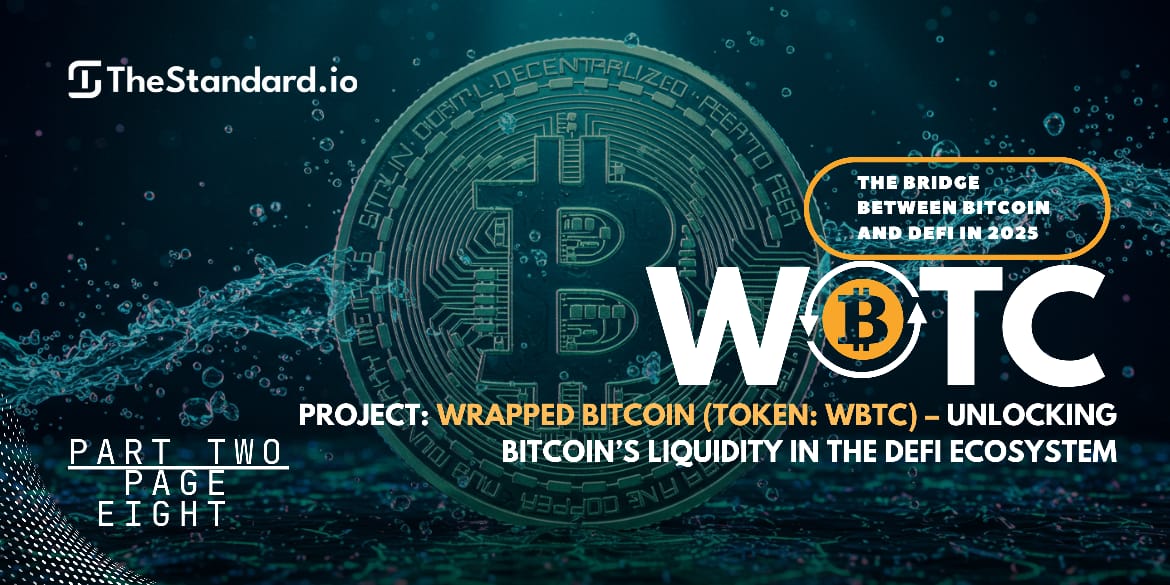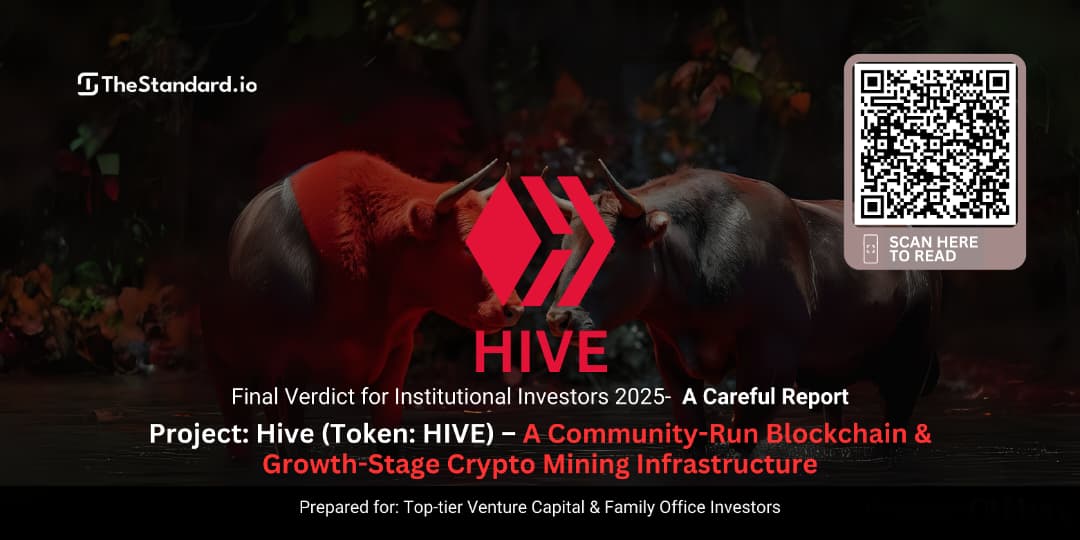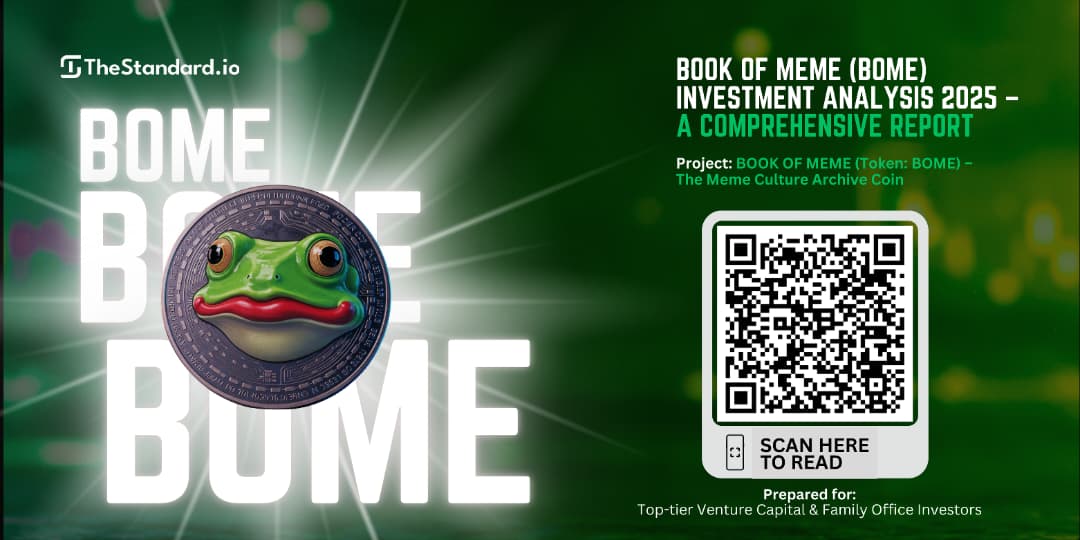Wrapped Bitcoin (WBTC): The Bridge Between Bitcoin and DeFi in 2025 / Part 2

Part 2 / Page 8
6D. KYC/AML Policies
Overview of KYC/AML Compliance for WBTC
As the DeFi ecosystem continues to evolve, compliance with Know Your Customer (KYC) and Anti-Money Laundering (AML) regulations has become increasingly important. WBTC, due to its association with BitGo, is subject to stringent KYC/AML compliance rules, particularly in jurisdictions like the U.S., EU, and U.K., where regulators have begun to focus on DeFi protocols.
Since WBTC itself does not require KYC/AML checks for minting or redeeming tokens, it relies on BitGo’s custodianship to ensure that all transactions involving Bitcoin reserves meet regulatory standards. However, WBTC’s role in DeFi means that its integration into various DeFi protocols often requires KYC/AML checks to ensure compliance with anti-money laundering and counter-terrorism financing regulations (BitGo, CoinDesk).
a. BitGo’s Role in KYC/AML Compliance
BitGo, as the primary custodian of WBTC, is responsible for ensuring that all transactions involving WBTC adhere to KYC and AML regulations. BitGo’s compliance department follows FinCEN’s guidelines for custodians and Bitcoin-based transactions, ensuring that WBTC remains compliant with anti-money laundering standards. However, WBTC holders using DeFi protocols may still encounter additional KYC/AML requirements depending on the specific DeFi platform or exchange they use (FinCEN).
b. DeFi Platforms and KYC/AML Challenges
As DeFi platforms continue to scale, KYC/AML compliance remains a significant challenge. Many DeFi protocols do not require KYC for users, which presents regulatory challenges as more governments introduce stricter regulations for DeFi platforms. WBTC’s adoption by these platforms adds an extra layer of complexity, as DeFi protocols using WBTC may need to adjust their compliance strategies in the future to meet the KYC/AML requirements of global regulators (CoinTelegraph).
Conclusion
In this section, we have examined the jurisdictional framework, securities law considerations, legal risks, and KYC/AML policies surrounding Wrapped Bitcoin (WBTC). WBTC’s centralized custodianship model has made it a trusted asset for institutional investors, but this also introduces regulatory risks in terms of custodial security, market manipulation, and compliance with global regulations. As DeFi and WBTC continue to evolve, legal frameworks will need to adapt to ensure regulatory compliance and sustainable growth.
6E. Regulatory Environment
Overview of the Global Regulatory Environment
The regulatory environment surrounding Wrapped Bitcoin (WBTC) is multifaceted, as it intersects both the DeFi ecosystem and the traditional financial system. Since WBTC operates primarily on the Ethereum blockchain but is backed by Bitcoin, it must navigate a complex landscape of global regulations. This includes financial laws, securities regulations, and anti-money laundering (AML) rules in multiple jurisdictions.
As DeFi continues to expand, so too does the regulatory scrutiny surrounding DeFi protocols and tokenized assets. In regions like the United States, European Union, and Asia, governments are moving towards clearer frameworks for cryptocurrencies and tokenized assets. As WBTC is a Bitcoin-backed ERC-20 token, it faces the challenge of complying with divergent regulatory requirements in different countries.
a. U.S. Regulatory Framework: SEC and CFTC Oversight
In the United States, Wrapped Bitcoin (WBTC) must comply with the Securities and Exchange Commission (SEC)’s guidance on securities law. The SEC uses the Howey Test to determine whether an asset qualifies as a security, which considers whether there is an expectation of profit based on the efforts of others. Since WBTC is designed as an ERC-20 token whose value is derived directly from Bitcoin, it may not necessarily meet the Howey Test’s criteria for a security. However, the SEC’s stance on DeFi projects continues to evolve, meaning WBTC could face increased scrutiny as the DeFi market grows.
The Commodity Futures Trading Commission (CFTC) also plays a role in the regulation of Bitcoin and other crypto-assets. While the CFTC does not regulate WBTC directly, its jurisdiction over commodities such as Bitcoin means that WBTC could be impacted by any changes in the CFTC’s policy toward Bitcoin. Additionally, FinCEN's anti-money laundering (AML) requirements are crucial, particularly for WBTC’s custodianship model, since BitGo (the custodian) must adhere to these stringent guidelines to avoid money laundering risks (SEC, CFTC, FinCEN).
b. European Union's MiCA Regulation
In Europe, the Markets in Crypto-Assets (MiCA) regulation represents a significant move to establish a comprehensive legal framework for crypto-assets in the EU. MiCA addresses the regulatory uncertainty around tokenized assets such as WBTC. Specifically, MiCA seeks to bring greater transparency, consumer protection, and market integrity to DeFi tokens and cryptocurrencies.
If WBTC is determined to fall under the scope of MiCA, it would need to adhere to AML, KYC, and disclosure requirements. Moreover, custodians like BitGo would need to follow the MiCA rules governing custodians of crypto-assets, including capital requirements and risk management frameworks. As WBTC expands its use across DeFi platforms, MiCA could become a defining regulation for its long-term operations in the EU market (European Commission).
c. Other Jurisdictions and Compliance Requirements
Outside the U.S. and EU, WBTC faces regulatory challenges in regions like Asia and South America, where Bitcoin regulations and DeFi laws are still developing. For example, China’s crackdown on cryptocurrency trading and mining has created a restrictive environment for any Bitcoin-backed tokens, including WBTC. In contrast, countries like Singapore have established friendly regulations for DeFi projects, positioning WBTC to thrive in such jurisdictions. These divergent regulatory approaches present ongoing challenges for WBTC as it expands its use globally (CoinDesk, CoinTelegraph).
6F. Risk of Regulation
Overview of Regulatory Risk for WBTC
The regulatory risk for Wrapped Bitcoin (WBTC) arises from the uncertainty surrounding DeFi and cryptocurrencies. As DeFi protocols continue to grow in market share, WBTC, as a Bitcoin-backed token, faces increased regulatory scrutiny from governments and financial regulators.
a. Regulatory Risk in the U.S.: SEC and DeFi Scrutiny
The U.S. Securities and Exchange Commission (SEC) has already made clear statements about its intention to regulate DeFi projects and tokenized assets like WBTC. If the SEC decides that WBTC qualifies as a security, it could impose additional regulatory burdens on WBTC’s custodian (BitGo), DeFi platforms using WBTC, and even individual users of WBTC. These burdens could include disclosure requirements, auditing, and legal compliance measures such as reporting.
Furthermore, the CFTC is also focusing on Bitcoin’s regulatory status. WBTC operates within Ethereum but is fundamentally tied to Bitcoin’s price, meaning Bitcoin's regulatory future will likely determine the long-term regulatory stance on WBTC. If the CFTC expands its oversight of Bitcoin tokenization, WBTC could face compliance costs similar to other regulated commodities (U.S. SEC, CFTC).
b. Regulatory Risk in Europe and Asia
In Europe, the introduction of MiCA and the EU’s overall stance on crypto-assets will likely shape the regulatory landscape for WBTC in the future. The EU is attempting to bring consistency across member states in terms of crypto-asset regulations, but these regulatory standards may also create challenges for WBTC in terms of compliance. The KYC/AML compliance required by MiCA could place new burdens on WBTC’s custodians and DeFi platforms that use WBTC as collateral or liquidity.
In Asia, the regulatory risk is more varied, with China imposing a blanket ban on cryptocurrencies and DeFi activities. However, countries like Singapore, Japan, and South Korea have introduced relatively open and clear regulations, making WBTC more attractive in these regions. As WBTC seeks to expand, it must navigate these divergent regulatory environments, ensuring compliance with each region's specific legal requirements (European Commission, CoinTelegraph).
6G. Privacy and AML
Overview of KYC/AML Policies for WBTC
As DeFi platforms become increasingly mainstream, Wrapped Bitcoin (WBTC) faces significant pressure to comply with Know Your Customer (KYC) and Anti-Money Laundering (AML) regulations. WBTC operates as a tokenized Bitcoin asset, and while the Ethereum blockchain is public, privacy concerns and compliance with AML laws must be carefully managed to ensure the token’s continued acceptance across regulated markets.
a. KYC/AML Compliance and the Role of BitGo
As WBTC’s custodian, BitGo is responsible for ensuring KYC/AML compliance in line with U.S. regulations. BitGo adheres to stringent KYC and AML requirements to meet FinCEN's guidelines for custodians of digital assets. This means that any transaction involving WBTC must go through an identity verification process to ensure that illegal activity such as money laundering or terrorism financing is prevented.
Since WBTC is used widely in DeFi protocols, these protocols must also ensure that their users comply with KYC/AML regulations. As WBTC integrates into new DeFi platforms and cross-chain ecosystems, KYC/AML compliance must remain a key component of WBTC’s operations (BitGo, CoinDesk).
b. Privacy Concerns in DeFi
One of the key challenges facing WBTC is the balance between user privacy and regulatory compliance. Since WBTC transactions on the Ethereum blockchain are public and transparent, users of WBTC may face privacy concerns when using DeFi platforms. While WBTC ensures compliance with AML/KYC rules, the transparency of Ethereum transactions may deter some users who prioritize anonymity.
To address these privacy concerns, WBTC may need to explore solutions such as privacy-enhancing technologies or zk-SNARKs (zero-knowledge proofs), which can help to preserve user anonymity while ensuring compliance with global regulations. However, the decentralized nature of DeFi platforms may make it challenging to implement consistent KYC/AML policies, particularly for platforms that do not currently require KYC or AML verification for users (CoinTelegraph).
6H. Notable Legal Events or Precedents
Overview of Legal Precedents Affecting WBTC
The legal landscape for WBTC is being shaped by various legal events and precedents that impact how Bitcoin-backed tokens are treated under financial law. DeFi projects, including WBTC, are increasingly coming under regulatory scrutiny, as governments work to establish a coherent legal framework for cryptocurrencies and tokenized assets.
a. SEC's Enforcement Actions Against DeFi Projects
In 2020, the SEC began enforcement actions against DeFi projects and tokenized asset issuers, marking a critical legal precedent for the tokenized Bitcoin market. The SEC’s scrutiny on DeFi protocols has raised questions about whether WBTC could face securities law violations. If WBTC were reclassified as a security, it could trigger compliance requirements such as disclosure obligations and registration with the SEC, which would affect WBTC’s custodian, BitGo, and DeFi platforms that use WBTC (SEC).
b. Global Legal Precedents in Crypto Regulation
On the international stage, legal precedents such as Switzerland’s progressive crypto-regulation and China’s ban on cryptocurrencies have helped shape the regulatory landscape for WBTC. Switzerland, through its Swiss Financial Market Supervisory Authority (FINMA), has created legal certainty around the classification of cryptocurrencies as assets rather than securities, offering a more open environment for WBTC and similar tokenized Bitcoin assets. However, China’s actions have had the opposite effect, with cryptocurrency restrictions making it more difficult for WBTC to operate in regions where Bitcoin is heavily regulated (Swiss FINMA, China Central Bank).
Conclusion
In this section, we have explored the regulatory environment, risk of regulation, privacy and AML policies, and legal precedents affecting Wrapped Bitcoin (WBTC). The global regulatory framework for WBTC remains complex, with challenges related to custodial oversight, compliance, KYC/AML regulations, and securities law. As DeFi continues to evolve and tokenized assets become more mainstream, WBTC must adapt to ensure compliance with global standards and avoid regulatory pitfalls.
Thank you for taking the time to read this article. We invite you to explore more content on our blog for additional insights and information.
https://www.thestandard.io/blog
"If you have any comments, questions, or suggestions, please do not hesitate to reach out to us at [ https://discord.gg/K72hed6FRE ]. We appreciate your feedback and look forward to hearing from you."
CLICK HERE TO CONTINUE
PART 2 / PAGE 9: www.thestandard.io/blog/wrapped-bitcoin-wbtc-the-bridge-between-bitcoin-and-defi-in-2025-part-2-9
6 of the best crypto wallets out there
Vulputate adipiscing in lacus dignissim aliquet sit viverra sed etiam risus nascetur libero ornare non scelerisque est eu faucibus est pretium commodo quisque facilisi dolor enim egestas vel gravida condimentum congue ultricies venenatis aliquet sit.
- Id at nisl nisl in massa ornare tempus purus pretium ullamcorper cursus
- Arcu ac eu lacus ut porttitor egesta pulvinar litum suspendisse turpis commodo
- Dignissim hendrerit sit sollicitudin nam iaculis quis ac malesuada pretium in
- Sed elementum at at ultricies pellentesque scelerisque elit non eleifend
How to choose the right wallet for your cryptos?
Aliquet sit viverra sed etiam risus nascetur libero ornare non scelerisque est eu faucibus est pretium commodo quisque facilisi dolor enim egestas vel gravida condimentum congue ultricies venenatis aliquet sit quisque quis nibh consequat.

How to ensure the wallet you’re choosing is actually secure?
Integer in id netus magnis facilisis pretium aliquet posuere ipsum arcu viverra et id congue risus ullamcorper eu morbi proin tincidunt blandit tellus in interdum mauris vel ipsum et purus urna gravida bibendum dis senectus eu facilisis pellentesque.
What is the difference from an online wallet vs. a cold wallet?
Integer in id netus magnis facilisis pretium aliquet posuere ipsum arcu viverra et id congue risus ullamcorper eu morbi proin tincidunt blandit tellus in interdum mauris vel ipsum et purus urna gravida bibendum dis senectus eu facilisis pellentesque diam et magna parturient sed. Ultricies blandit a urna eu volutpat morbi lacus.
- At at tincidunt eget sagittis cursus vel dictum amet tortor id elementum
- Mauris aliquet faucibus iaculis dui vitae ullamco
- Gravida mi dolor volutpat et vitae lacus habitasse fames at tempus
- Tellus turpis ut neque amet arcu nunc interdum pretium eu fermentum
“Sed eu suscipit varius vestibulum consectetur ullamcorper tincidunt sagittis bibendum id at ut ornare”
Please share with us what is your favorite wallet using #DeFiShow
Tellus a ultrices feugiat morbi massa et ut id viverra egestas sed varius scelerisque risus nunc vitae diam consequat aliquam neque. Odio duis eget faucibus posuere egestas suspendisse id ut tristique cras ullamcorper nulla iaculis condimentum vitae in facilisis id augue sit ipsum faucibus ut eros cras turpis a risus consectetur amet et mi erat sodales non leo.

Subscribe to our newsletter.
Get the latest alpha from us, and the Chainlink build program in an easy-to-read digest with only the best info for the insider.
It's an easy one-click unsub, but I bet you won't; the info is just too good.

Try the future of borrowing today.
Don't wait. It's easy to open a free smart vault
then start earning a yield and borrowing today.
0xf5A27E55C748bCDdBfeA5477CB9Ae924f0f7fd2e
USDs Contract on Arbitrum:
0x2Ea0bE86990E8Dac0D09e4316Bb92086F304622d










